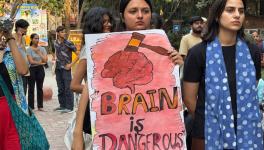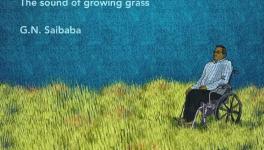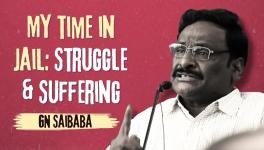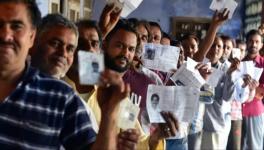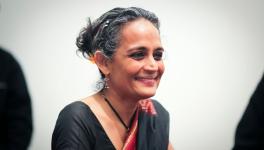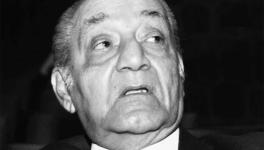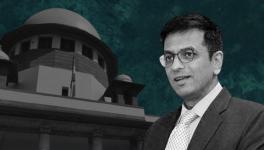‘Extensive Curbs Slowly Choking’ Media in Kashmir
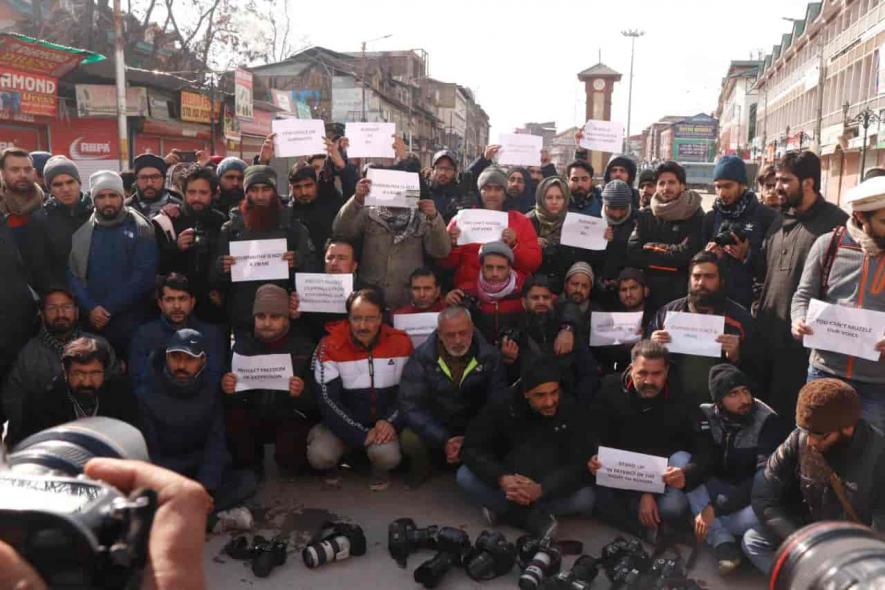
Image Courtesy: The Kashmir Walla
Srinagar: The media in Jammu and Kashmir (J&K), especially the Valley, is being “slowly choked” with extensive curbs imposed by the local administration, a fact-finding committee (FCC) of the Press Council of India (PCI) has said.
In a 36-page report titled ‘State of Media in Jammu and Kashmir’, the team also stated that the “threat of violence by the militants” is a deterrent to journalists in the region. “Journalists function with a high level of stress and are constantly facing pressure both from the government agencies and the police as well as militants.”
The PCI constituted the committee last September after taking a suo motu cognisance of a letter written by Peoples Democratic Party chief Mehbooba Mufti alleging intimidation and harassment of journalists in the region.
In the letter, she alleged that journalists are facing immense pressure and “unwarranted harassment”, including raids at their homes, summoning, interrogation on “frivolous” grounds such as “innocuous” tweets, background checks, seizure of mobile phones and laptops, and confiscation of passports and ATMs cards, etc.
Subsequently, the committee, comprising Prakash Dubey, convener and group editor of Dainik Bhaskar; Gurbir Singh of The New Indian Express and Dr Suman Gupta, the editor of Jan Morcha, visited J&K in October and November to interact with journalists and government representatives.
The report stated that the normal lines of communication between the local administration and journalists have been disrupted because of a suspicion that a large number of them are “sympathisers” of the cause of militants. “This was admitted by lieutenant governor Manoj Sinha, who frankly told the FFC that many journalists were of ‘anti-national’ persuasion. He conceded that when he was first appointed, he used to encourage open press conferences but now has gone back to a ‘selective engagement’ with preferred journalists,” the report mentioned.
The team suggested to the administration to establish some platforms for discussion and dialogue between different stakeholders to ease “mutual suspicion” and urged setting up a three-way media advisory committee between the security establishment, government officers and journalist representatives to encourage dialogue and address their grievances.
The PCI released the report at a time when several international rights bodies and media watchdogs have accused the J&K administration of attempting to silence the press and also called for the release of incarcerated journalists like Fahad Shah, Sajad Gul, Asif Sultan and Manan Gulzar.
Shah, who was arrested in February, was held for the third time on Friday after getting bail in two cases. “Today, journalist Fahad Shah was remanded for five days in the Srinagar case—his third arrest. He has been booked under the UAPA for the second time in the last 37 days,” his lawyer Umair Ronga told the media on Friday.
In its report, the FFC also claimed of having found no reason for the ‘forcible takeover’ of the Kashmir Press Club (KPC) and putting it in “cold storage”. The panel recommended that the KPC’s registration should be “restored” and officials should not interfere in the election process of what is essentially a private body of newspersons.
The committee argued that if the KPC’s registration process was put on hold on January 13, why were some private persons accompanied by the police allowed to enter its premises later, allowed to hold a meeting and set up an ‘interim body’. “The tradition respected by security forces everywhere is that no police personnel in uniform will enter press clubs without specific permission from the local management,” the report added.
The FCC’s convener had also written to the chief secretary on January 21 requesting the details of the KPC’s ‘takeover’ hasn’t received any reply so far, the report mentioned.
In the backdrop of a local journalist Adil Farooq, who was caught with grenades inside the Srinagar’s Press Colony last August, the FFC stated that there is no justification for journalists to support or aid the anti-government programme of the militants, and ferry arms, provide support and harbour militants or take part in any other unlawful activity. “They cease to be journalists and become militants or public persons supporting militants, and cannot claim any of the privileges that go with newspersons relaying and communicating news,” the committee said.
The members, however, argued that it is another matter if journalists are penalised or charged with offences for news content circulated that is found to be not in consonance with what the security forces or the government administration believe. “News and views may not be always palatable to those who are in power. But it does not mean that they penalise the messenger for it,” the report stated.
Get the latest reports & analysis with people's perspective on Protests, movements & deep analytical videos, discussions of the current affairs in your Telegram app. Subscribe to NewsClick's Telegram channel & get Real-Time updates on stories, as they get published on our website.












